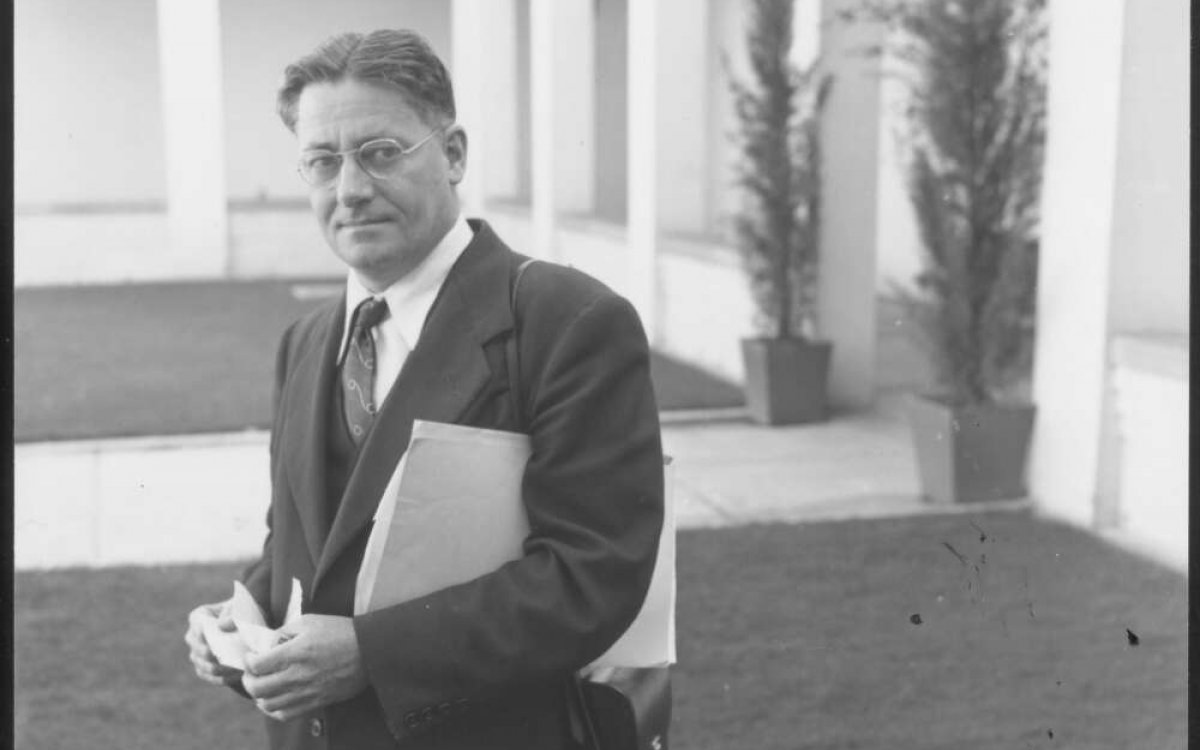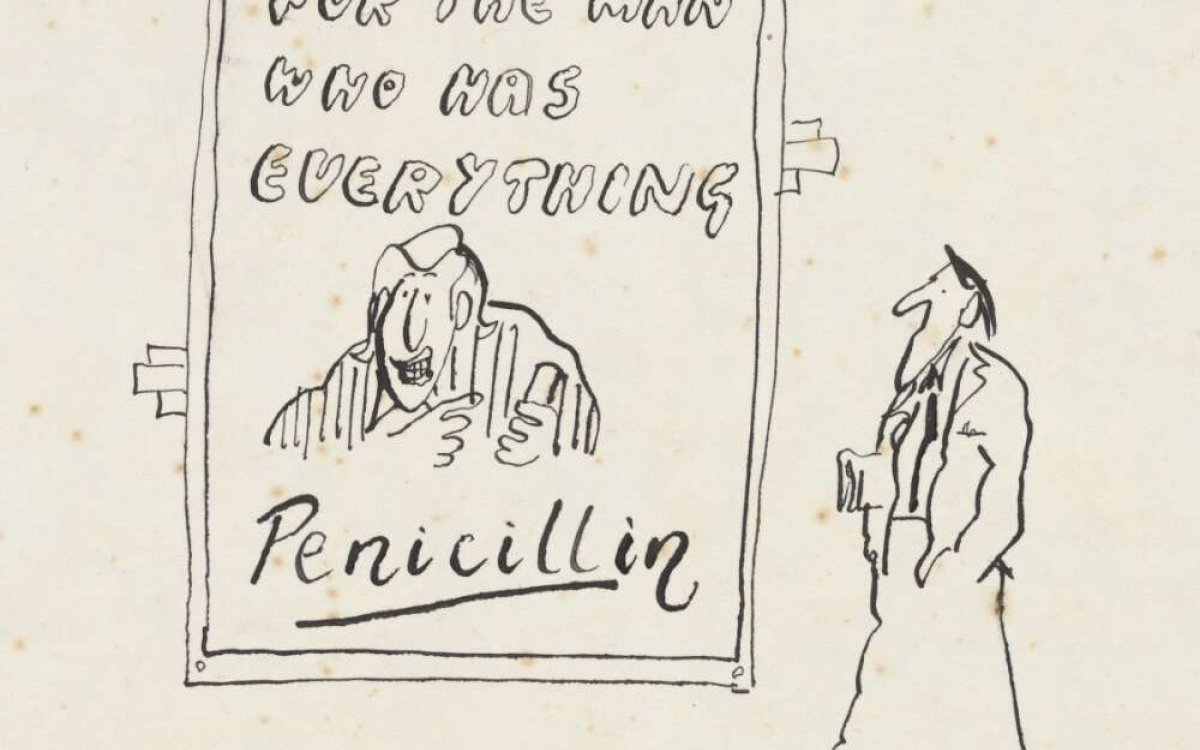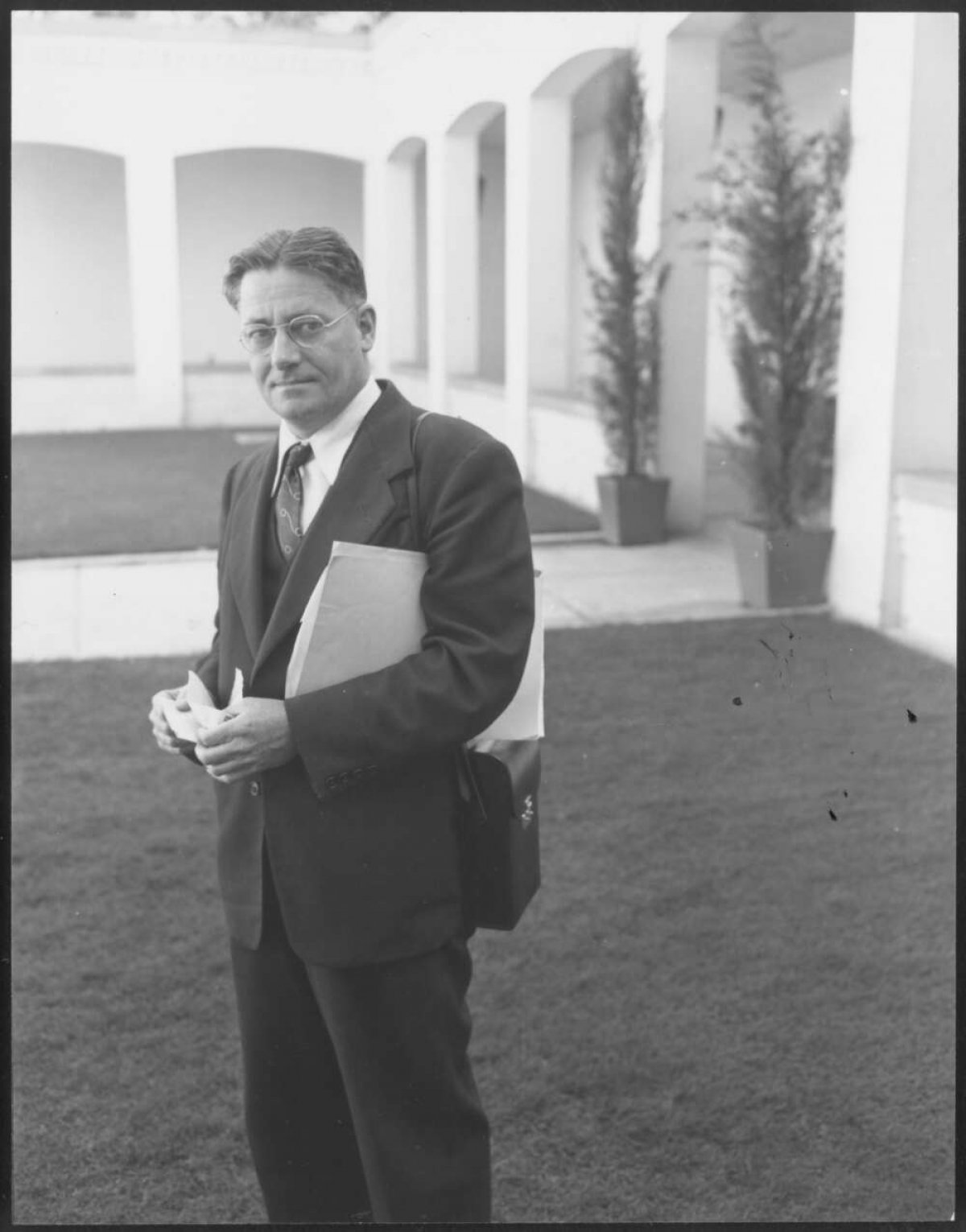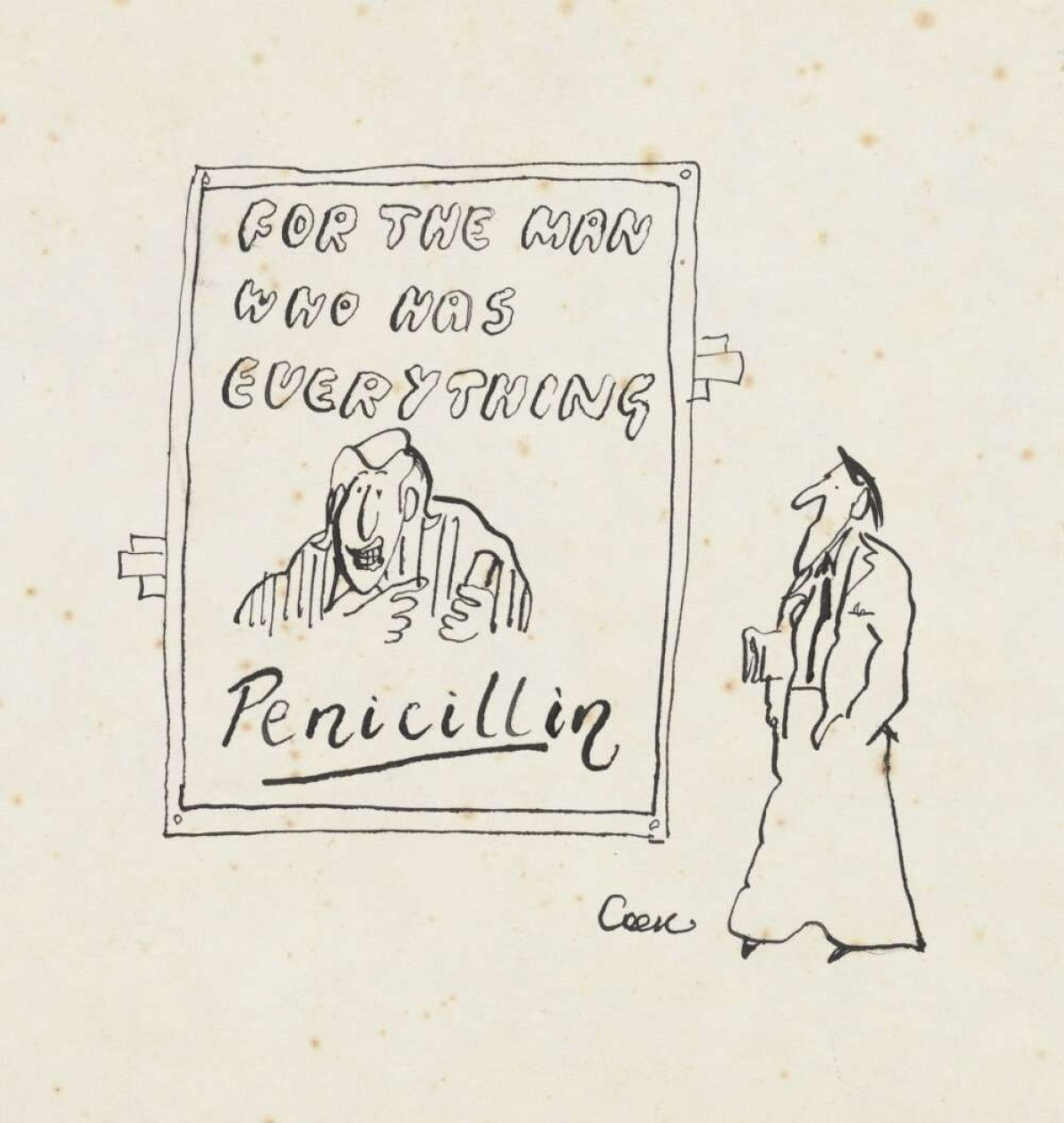
Australian News and Information Bureau. [Portrait of Howard Florey] [picture] / [Australian News and Information Bureau]. http://nla.gov.au/nla.obj-136743351
Sir Howard Florey was an Australian medical scientist. Born in Adelaide, Florey was educated in Australia and later studied at Cambridge and Oxford universities in the United Kingdom. While at Cambridge, Florey, along with Sir Alexander Fleming and Sir Ernst Chain, worked on developing a poisonous product, made from common mould, into a drug that could kill deadly bacteria—what we now know as the antibiotic penicillin. In 1945, along with Fleming and Chain, Florey was awarded a Nobel Prize for his immense contributions to human health and wellbeing.
In 1967, Howard Florey was interviewed by oral history pioneer Hazel de Berg. In the interview, Florey discusses his childhood, schooling and work on developing penicillin.
Use the excerpts from the recording to find out more about the processes that Florey, Fleming and Chain used in their work, what influenced the discovery and how Florey felt after the breakthrough.
Key terms:
- penicillin
- antibacterial
- pathology
- bacteria.
Sir Howard Florey talks about his early life, education and his interest in science at a young age.
Sir Howard Florey talks about his role in the development of penicillin. He shares his thoughts on what drove him and his team in their research

Cook, Patrick, 1949-. (1970). For the man who has everything - penicillin [picture] / Cook. http://nla.gov.au/nla.obj-136263528
Sir Howard Florey talks about common misconceptions surrounding the development of penicillin and perceived impact of penicillin on global populations.
Sir Howard Florey shares his personal feelings about Australia's scientific potential
Activities
- Why is it important to make and preserve oral/recorded histories? Compare a recorded history to a written account; what are the advantages and disadvantages of each?
- Florey talks about his work with penicillin, but does not take all the credit. What are the advantages and disadvantages of working collaboratively.
- What have been the advantages and disadvantages of the development of antibiotics and other life-saving medicines?
- Grow mould in the classroom. Use a microscope to observe how it grows and changes in different conditions(Note: instructions for how to safely grow mould can be found online—see, for example, Mold Terrarium).

